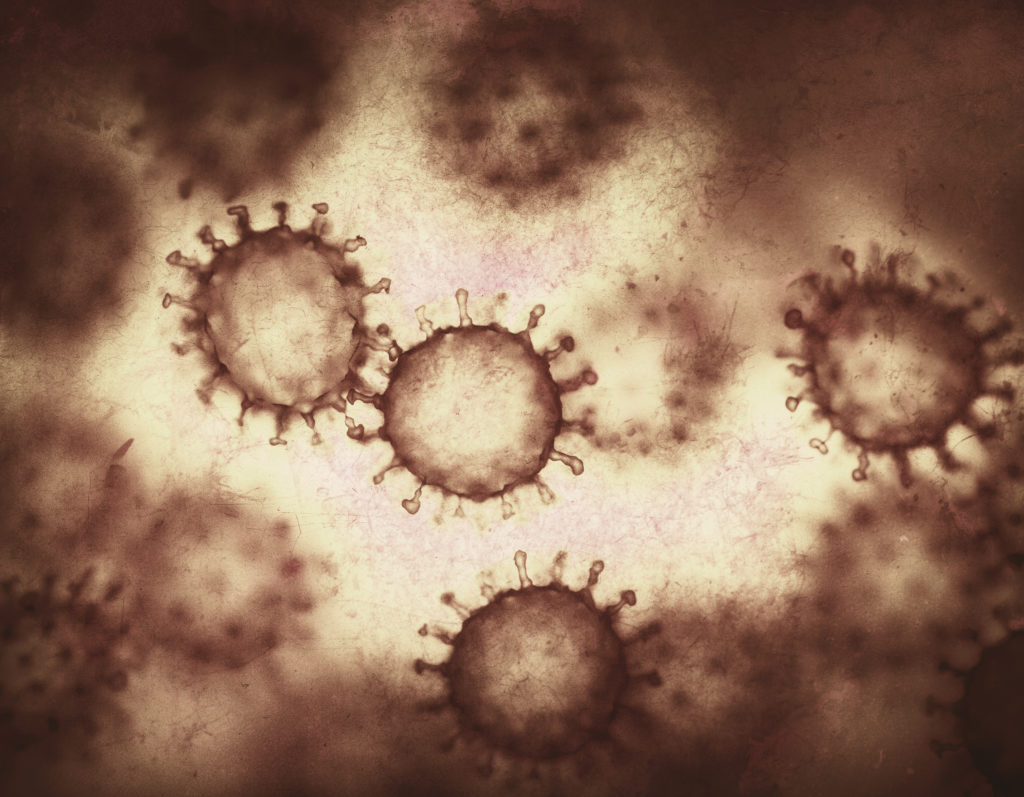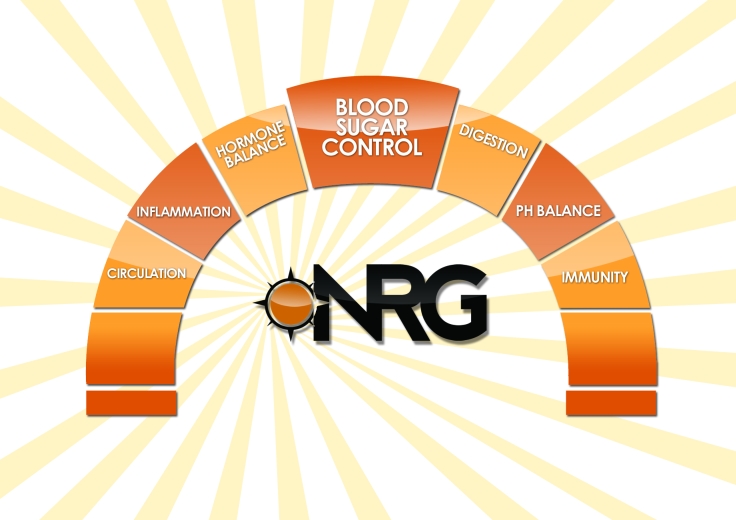Have you ever wondered how emotions affect your health?
I am fascinated by the mind-body connection. As a physician, I have spent years observing how emotion affects healing. I recently read an excellent book by Dr. Gabor Mate’. (When the Body Says NO, Exploring the Stress-Disease Connection)
In this book, the author explores how research clearly links thought and emotional experience to physical health and disease. In medical school, this view of the mind-body connection didn’t exist as clearly as it does now.
Many medical students and physicians suspected linkage between emotion and illness but now we understand many of those pathways.
Those ignoring this linkage invite health disaster. Choosing to live with negative emotions or prolonged stress will destroy the health of individuals believing this applies to someone else.
Types of Emotion
Psychologist Ross Buck describes three types of emotional responses. He categorizes the emotions based on how conscious the person is of the actual emotion.
- Emotion III–This is conscious emotion. (How we feel). This group involves emotions we clearly understand and experience, such as I am happy, sad, or angry.
- Emotion II–This group of emotions others see in us. This includes the emotional displays that we consciously or unconsciously show to others. (Think body language, speech patterns, facial gestures, etc.)
- Emotion I–Physical changes triggered by emotion. This includes nervous system activity, hormonal release, and immune responses. We cannot observe these changes directly externally. This response can occur without awareness of emotional expression.
Emotion I is the exact mechanism that leads to disease. I already covered in great detail the link between stress and the physical changes that can promote disease. (What is stress?)
Changing Emotion can Change Health
So if unconscious emotion can trigger disease by immune suppression, elevated stress hormones, and changes in digestive function, what can we do about it?
That is the burning question!!!
People can have so many complex emotions, triggers, and long-standing emotional injuries. I suspect one answer doesn’t exist for everyone. We can start by raising awareness of the role emotional energy plays in our daily lives.
Many types of daily habits can bring us closer to our unconscious mind. If we approach those activities with the intention of learning more about ourselves and exploring emotion, I believe several of these practices can open doors to how negative emotions impact our health.
Examples include:
- Prayer
- Meditation
- Yoga (Down Dog App)
- Exercise (Routine 30-45 min 4-5 days weekly)
- Neuro Emotional Therapy (NET)
Each of the practices listed can improve the link between mind and body and often create an opportunity to identify or release negative or unhelpful emotional patterns.
I personally believe applying some of the practices listed can improve health and emotional resilience. Science now supports the connection between emotional balance and health.
I hope if you read this you will try exploring how emotions drive your current health and behavior. I hope you will explore some of the listed practices and listen to what your body tells you.
As always, your feedback, questions, and comments are welcome.



